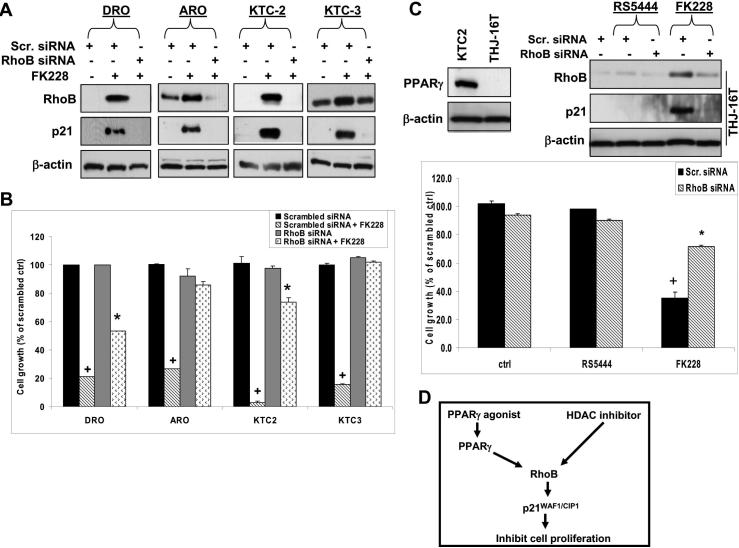Figure 6. The pan-HDAC inhibitor, FK228, mediates RhoB dependent growth inhibition.
A. Western analysis of cells verified that RhoB and p21 expression remained silenced even in the presence of FK228. Cells were transiently transfected as previously described and then treated with 1 ng/ml FK228 for 24 hrs. B. Silencing RhoB blocks FK228 mediated inhibition of cell proliferation in ATC cells. Cell numbers were counted on day 7 and data were plotted as total cell number ± S.D. + indicates p<0.01 when compared to scrambled control. * indicates p<0.05 when compared to RhoB siRNA control or to scrambled siRNA with FK228. C. Western analysis verified that THJ-16T do not express PPARγ protein. THJ-16T was transiently transfected and treated as described previously. RS5444 was ineffective while FK228 upregulated RhoB and p21 protein levels. Thus, silencing RhoB in THJ-16T cells demonstrated that FK228 is RhoB dependent while RS5444 had no effect upon proliferation. Data are plotted as percent of scrambled control ± S.D. * indicates p<0.01 when compared to scrambled control. D. The signaling pathway of both PPARγ agonists and HDAC inhibitors in ATC is a linear event whereby they induce RhoB leading to p21 upregulation leading to attenuation of cell proliferation. PPARγ agonists upregulate RhoB mRNA and protein via PPARγ while an HDAC inhibitor most likely upregulates RhoB mRNA via epigenetic acetylation of the transcriptional complex regulating RhoB transcription.

